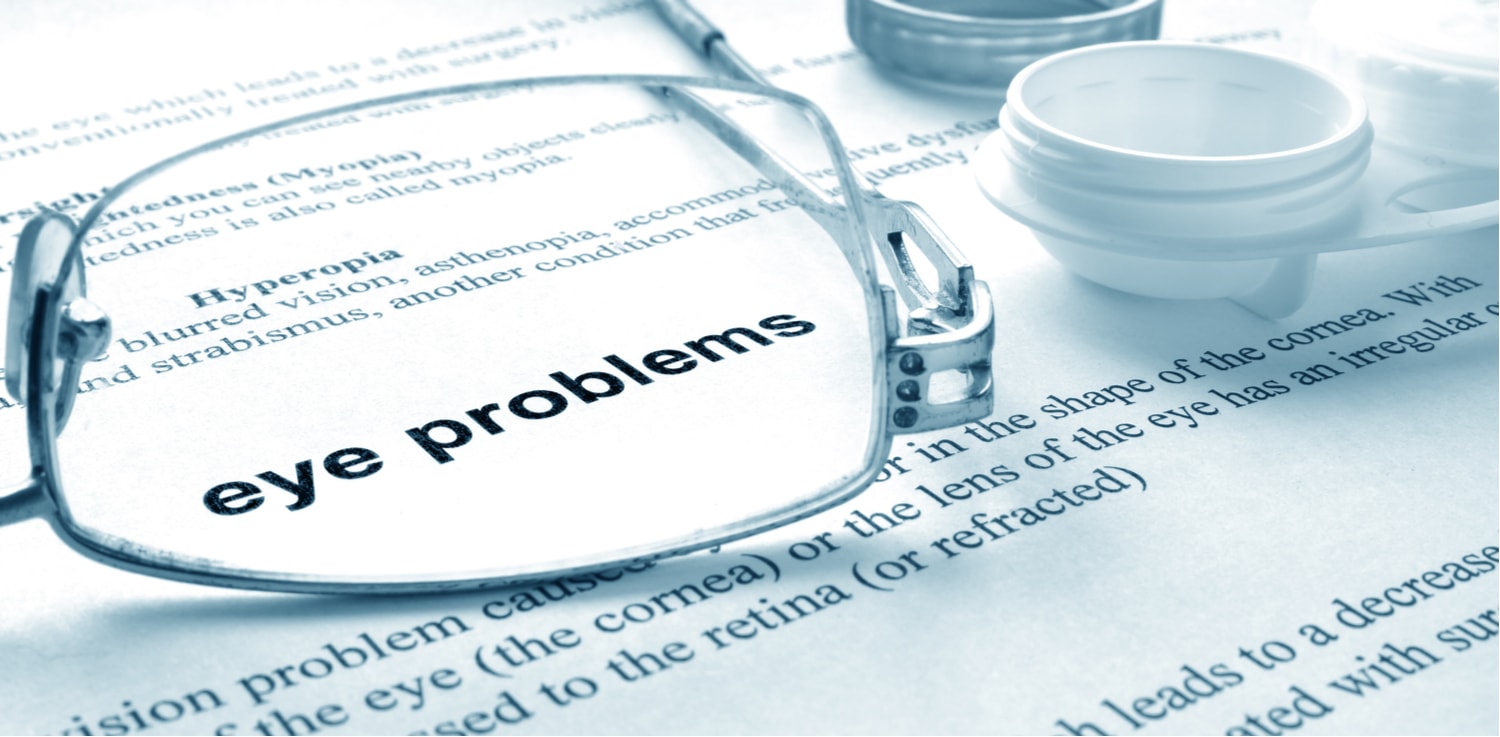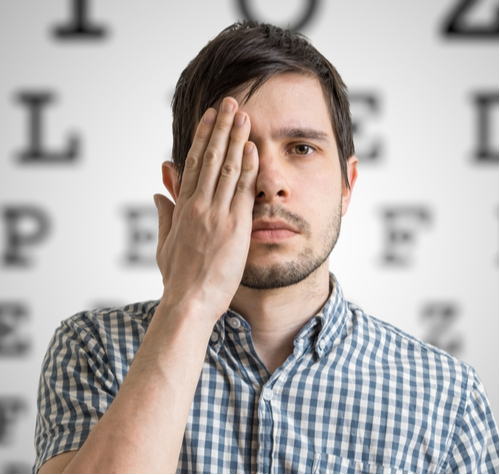Nearsightedness and hyperopia: causes and possible solutions
According to WHO, more than 2,000,000,000 people on Earth do not see the world as clearly as they actually should. It means that about a quarter of all people in the world need vision correction. Myopia and hyperopia are the most common conditions.

Nearsightedness (myopia) is a visual impairment in which a person can see objects located close by, but objects farther away are blurry. With farsightedness, on the contrary, a person can see the bus number from afar but needs glasses in order to read a book.
Why does your eyesight get worse?
The reasons for myopia and hyperopia are very different. Myopia occurs when the eyeball is lengthened, which means, myopic people have it not so much round as egg-shaped. This form is attributed to genetics. Usually, the first signs of myopia appear in adolescence, and the parents think that the child has “ruined” their eyes by the blue lights of the computer and, these days, increasingly, smartphones. In fact, gadget abuse can only make the problem worse if you have a predisposition to it. But if it is not there, reading and playing computer games will not affect vision. Nevertheless, doctors recommend limiting the time in front of the screen as a preventive measure.
Farsightedness is the result of the compressed shape of the eyeball. By the way, that’s why all babies are farsighted. As the child grows, the eyeball enlarges and vision tends to come to normal. But by middle age, hyperopia returns.
The fact is that over the years the lens degrades and becomes less elastic, which is a natural process that begins at about 25-30 years old and develops gradually. From the age of 40-50 years, people begin to notice that it becomes more and more difficult to focus their eyesight.
By the way, the opinion that wearing glasses can impair vision and that the eyes need to be “trained” by giving up glasses and lenses is a myth, if to believe the authors of “Myopia Myths Debunked”.
Over the years, we increasingly use glasses for reading, yet vision continues to deteriorate. It’s easy to assume that the lenses are to blame. But it’s not about the glasses, it’s about age. It doesn’t matter what kind of vision you’ve had all your life, — by retirement, many may develop hyperopia.
So, is it necessary to wear glasses?
Doctors see eye to eye that both farsightedness and myopia make it imperative to wear selected glasses correctly. This is especially important for children with vision problems. The child’s eye is only learning to see. As was concluded in research called “Interventions to slow the progression of myopia in children”, if a child who needs glasses doesn’t get to wear them they may develop a condition called amblyopia, which is functional blindness where the work of one eye (the one that sees worse) is suppressed. Besides, using the correct glasses can help increase your reading speed and reduce your risk of strabismus. Strabismus is a condition in which the eyes do not properly align with each other when looking at an object.
How to maintain good eyesight?

To promote strong mesopic vision doctors typically recommend taking vitamin А and consuming foods rich in this nutrient, for instance, blueberries and blackberries. Lack of vitamin A leads to deterioration of the eyesight power in low light and dry eyes.
Vitamins С and Е are also recommended for the health of your eyes together with В group. There is research from 2009 called “Folic Acid, Vitamin B6, and Vitamin B12 in Combination and Age-related Macular Degeneration in a Randomized Trial” (you can find it published here, which proved that daily consumption of B-6, B-9 and B-12 supplements can reduce the risk of age-related eye degeneration.
We also can train our eyes to look into the distance. The longer you confine yourself to four walls, the harder it will be for your eyes to focus on distant objects as you get outdoors. That is why, for example, schools in Japan often hold classes in the yeard and have panoramic windows in classrooms. The scientists contributing to the study “A review of environmental risk factors for myopia during early life, childhood and adolescence” confirm the effectiveness of this practice. So if you want to do myopia prevention, make it a rule to walk down the street several times a day and look at the horizon line.
Having said that, the effect of various optometric devices, like glasses with holes, was never confirmed. A number of studies, (one of them is “Myopia: attempts to arrest progression”) question such methods and treat them with a significant degree of scepticism.
In a nutshell, prevention is always better than cure. It is way more reasonable to make sure you have a healthy diet by following your eye doctor’s recommendations, train your eyes, and not neglect glasses if they were prescribed to you by your medical specialist. As with any other organ in our system, eyes need timely help!
What to learn more? Read here:





